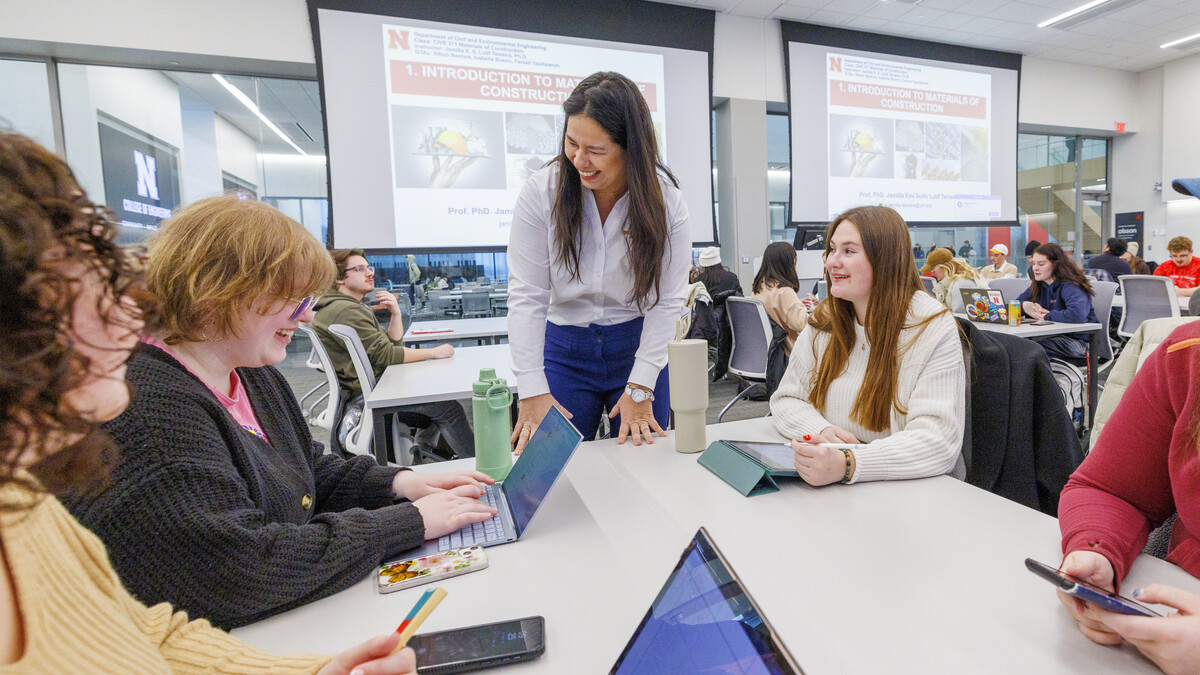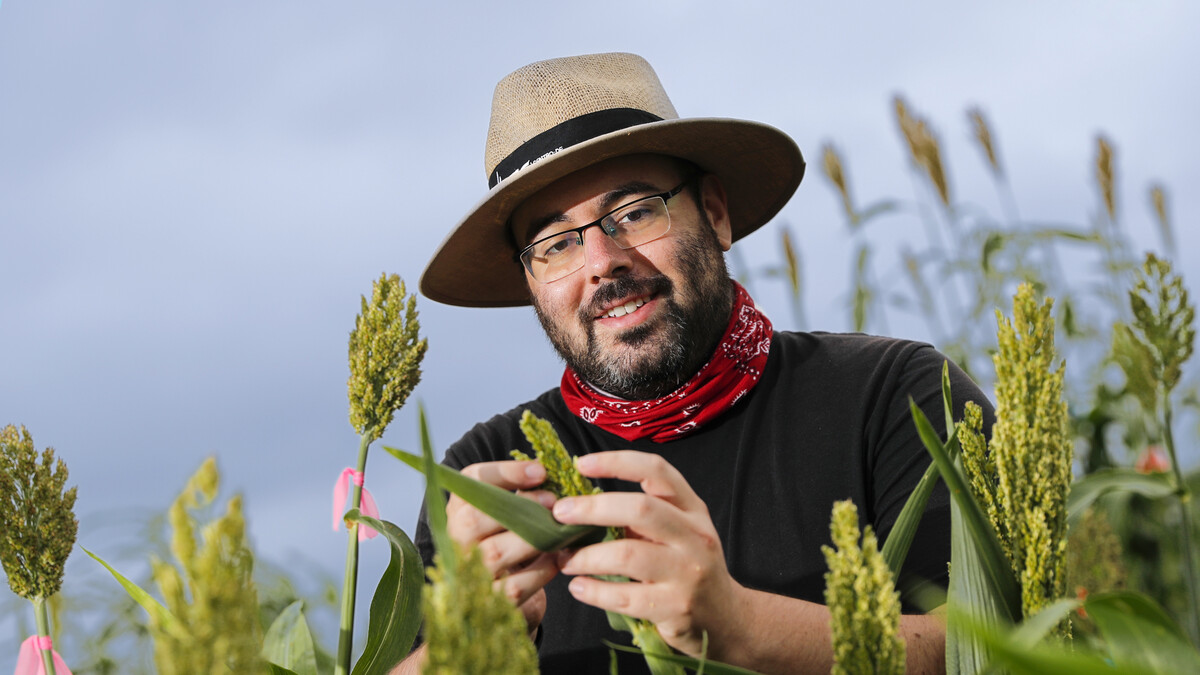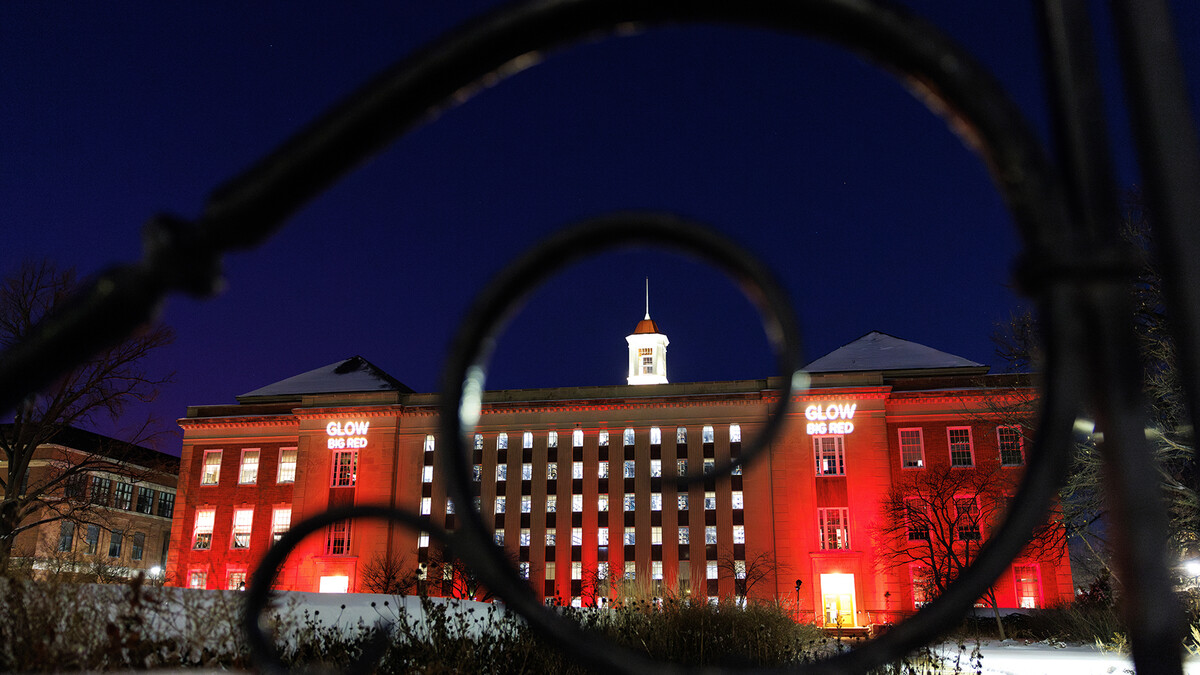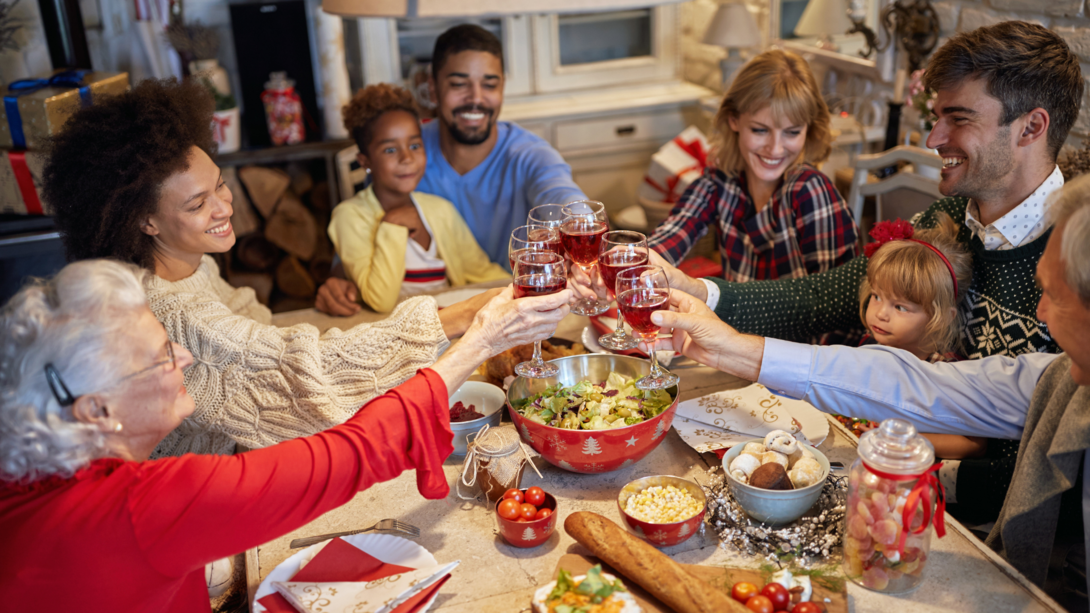
Family traditions are often associated with the holiday season, yet COVID-19 disrupted many families’ beloved rituals. Changing circumstances, children growing up, gaining and losing family members also disrupt many familial bonds.
Nebraska Today sat down with family communication expert Dawn O. Braithwaite to discuss how families can navigate changing rituals and difficult conversations during holiday seasons, especially those affected by COVID-19.
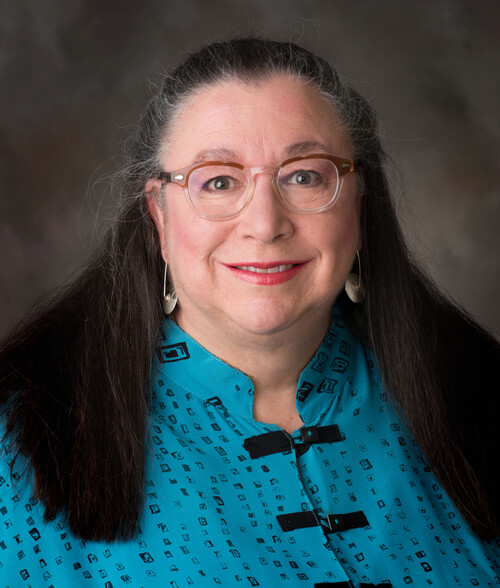
Braithwaite has authored over 130 articles and is co-author or co-editor of six books. Most recently, the Family Communication Division of the National Communication Association renamed their annual book honor the Dawn O. Braithwaite Distinguished Book Award. Nebraska Today sat down with Braithwaite to discuss her research and how to navigate these uncertain times with our families.
What are family rituals?
Family rituals are voluntary, recurring, patterned communication events whose jointly enacted performance by family members honors what they regard as sacred.
Rituals create and strengthen family identity and social relationships. Whether they are experienced as positive or negative, rituals are important for all families. Rituals practiced individually would be habits. Rituals are inherently communicative because they’re social, and from a communication perspective, communication is the primary human process that makes us human. Everything involved in your relationships inherently involves communication, and rituals are an important part of that.
How do family rituals start?
Many rituals are culture-based. Sometimes we develop them together with our family, sometimes they come from the calendar, like a wedding or a birthday. Sometimes they come from some other cultural events, like graduation, where people come together. Some rituals occur on a daily basis — for example, bedtime routines for children. Rituals are imported from the culture, our past experiences or when we see another family do something meaningful, and we choose to import that to our own family.
How do rituals change over the years? How do families maintain them?
Sometimes rituals are very stable and they persist, but sometimes they time out. Other times, rituals don’t persist because people change. An example would when a grandparent who hosts a certain dinner passes away or they are not healthy enough to do it anymore. In these instances, rituals have to adapt. Sometimes family changes, such as becoming a stepfamily, cause rituals to change. Rituals must be adaptive in order to survive.
For example, for a stepfamily to be successful, you can’t just impose the rituals from your original family into the stepfamily. One family I studied sat down and they went through all their Christmas ornaments. Together they chose the ones that they were going to bring in from the two families. Then, every Christmas they made or bought some new ornaments for their Christmas tree that represented the new family. It’s a balance of old and new and we often do that with other types of families that come together in various ways.
How might families cope with or mourn the loss of these traditions?
When there is a change or a loss in the family, it provides families an opportunity to communicate. It’s a real challenge for families if a grandparent passes away, a family loses a child or even for a stepfamily when they’re mourning the loss of the old family. Often, they’re very thoughtful about changing rituals, and they may choose to discontinue something, or maybe they’ll decide to strategically continue a ritual in honor of someone or the family as a whole.
Other families may just try to charge on and say, “We’re just going to do what we always did,” and maybe that will be comforting and work well for them, but I fear sometimes that they may get in the middle of it and just feel too sad and kind of wish that they hadn’t kept the ritual going. From my perspective, I think families benefit from talking about upcoming events. For example, if a family has an economic crisis, they may not be able to have the same kind of holiday with the same kind of dinner and gifts. They may have to talk about how they’re going to enact that ritual or not and why, and then communicate that out to others in the family.
In the best of all circumstances they may decide to say, “Hey, this year, we’ve talked about it and we’re not going to do this, maybe we’ll start it again in the future.” Or they just decide they are going to continue the ritual and that’s the way that they’re going to honor what’s sacred to them. They’re going to honor that continuity. I think if everybody feels OK about it, it might be sad or difficult, but it might be comforting at the same time.
How did family holiday rituals change with COVID-19?
For a lot of people, I think last year was particularly difficult because so many people just didn’t get together. They might have found other ways to have pieces of their own family ritual. So maybe they didn’t have all the cousins and everybody together, but a lot of families used Zoom and gathered that way. A lot of people got really creative by doing things like sending everybody a box in the mail with a bowl that looked like grandma’s special bowl, and everybody opened up their boxes and used that bowl on their table. I also saw pictures of families gathered where everybody had matching masks.
What are some ways families can seek a sense of normalcy in their rituals amidst uncertain holiday plans due to COVID-19?
This year, hopefully with things being slightly better now with COVID-19, some families are inching their way back to coming together over the holidays.
It’s an opportunity to clarify our expectations and our desires and try to come up with something that everybody could at least honor in the best way possible. People are figuring out what works for them, and that is a communicative opportunity. The healthiest thing, maybe the only viable choice, is for families to negotiate in advance. Ask each other, “What is it we’re going to do? Maybe we could get together this year, but how are we going to handle that?”
Families may also find that some rituals are going to work just fine. They could re-establish some of those patterns that are important to them in a time that’s been fraught with lots of change. In this way, rituals can bring us a lot of comfort that way too, you know, just to be able to say, “OK, this year we can at least get together. Maybe we can’t do everything, but we can do this.”
Could the pandemic be an opportunity for families to adapt or create new rituals?
Yes. I think we can find rituals that are going to work for the situation we’re in. So last year, when people didn’t want to be up close, face-to-face, some people held their celebrations outside. Even though it was going to be cold, they found ways to build a big bonfire and gather outside. COVID-19 actually gives families an opportunity to maybe update old rituals or to find things that might work better for everybody. So we may try to go in a different direction. That’s the adaptive part about rituals and that involves communication.
One example of adapting rituals is from a student who was in my class years ago. When she was young, her dad would take the little kids out on the lawn, and they would throw raw carrots up on the roof for Santa’s reindeer and they kept that up through their teenage years. Now they’re adults and they’re bringing their dating partners and their new spouses, and they’re still doing that same ritual. Sometimes they have to explain to people why they still do that when they’re not little kids anymore, but it’s just part of their family identity. They might adapt when they do it, and they might change a bunch of things about the ritual.
Do rituals have an impact on how people experience the holidays and how close they feel to their families?
Yes. Rituals create strengthened family identity and relationships. It has a lot to do with who we are and how we see ourselves together. I see this especially in stepfamilies. We’ve been studying positive stepparent-stepchild relationships for the last few years and, for example, I remember we interviewed a stepdaughter who talked about how her stepdad went out on the first Christmas the family was together and personally went shopping and got little gifts for each of the kids in the family. His kids all thought this was kind of dopey, but for the stepchildren, this really showed them he regarded them as family. It was a real tangible representation. Families have the opportunity to create rituals, and they can help give us stability and positivity in times of real change.
Anything else you’d like to add?
This is a very relevant topic for this time of year. Around holidays, rituals do bring up deep feelings and meanings. There’s more depression around holidays, and very high expectations. People may be missing family members who are no longer there. It’s challenging because the rituals do evoke emotion. In most cases, they evoke different things for different people at different times. Overall, the holidays are a very emotional time. It’s easy to feel disappointed and feel the ritual didn’t live up to the hype when there’s so much commercialization that we live with for weeks and weeks. Sometimes rituals are hard for people to navigate, but at the same time, they can be joyous and important to families




